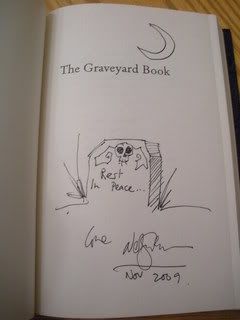Hall of Fame coach Herb Brooks once said, “Write your own book instead of reading someone else’s book about success.” Brooks was, in many ways, a great leader and I look up to him as not just a source of inspiration but as an example to follow. He was a team builder, a man with great work ethic, someone who was consistent in his focus and his goals, even giving up other great opportunities in order to focus on his dreams.
Before he was the man who led the 1980 Olympic hockey team to their “Miracle on Ice,” Herb Brooks led the University of Minnesota Golden Gophers to three NCAA championships. Coming off his most recent win in 1979, Brooks was offered the spot of head coach for the Minnesota North Stars—a job he turned down, replying that it was his goal to coach the Olympic team. Brooks had, in ten years, played on eight US National and Olympic teams and he did not allow his dreams of gold to be dashed simply because he could no longer play and he would not give them up even for the opportunity to coach professionals. Instead he was given the chance to coach more college kids, and though the committee simply asked that the team not embarrass themselves, Brooks pushed them from the start to be medal contenders. He took a group of young men separated into factions born of years of rabid hockey rivalry and united them in a way that nobody had expected. He was able to read what his team needed, not just what they wanted, and he gave it to them in the form of a hard-nosed coach who pushed them beyond their limits and brought them together, at first against him, later forging them into a family. Brooks chose players with skill for his team but he told them all, “This team isn’t talented enough to win on talent alone.” He expected them to work hard toward their common goal and he, too, dedicated himself to studying their opponents and designing a whole new style of play with which to defeat them. Brooks didn’t just expect the best from his team, he expected it of himself, too. There were times, though, when that focus hurt other people around him. Team members were expected to play through injuries that should have benched them at least a game. His family came second to his Olympic goals, making him absent as a husband and a father. Just because, on both fronts, everything turned out fine doesn’t mean that the ends justified the means.
While it may not be the most eloquent way to put it, I love that Brooks quote about success. When we read other people’s stories, we get a sense of how they achieved what they consider success. If all we do is study what others are doing, the only thing we successfully do is read a lot of non-fiction. Everyone measures success differently, as well they should considering each person has his or her own goal and a separate path to achieve it. For me, it’s not so much the completion of a goal that makes me feel successful but the evolution of my goals. My goals right now are to work at a company I like and doing something that both challenges me and brings me enjoyment, to own a home in a place that feels like home, and to start a family with my husband. Achieving each of these will mean success for me but, once complete, they bring along a new set of goals for me to strive toward. I will want to advance in the company I like; I will want to add to my home, redecorate, or move; I will want to raise my children to be imaginative, creative, independent adults. I am, and always have been, very much about the process and in that process is where I find my success.
